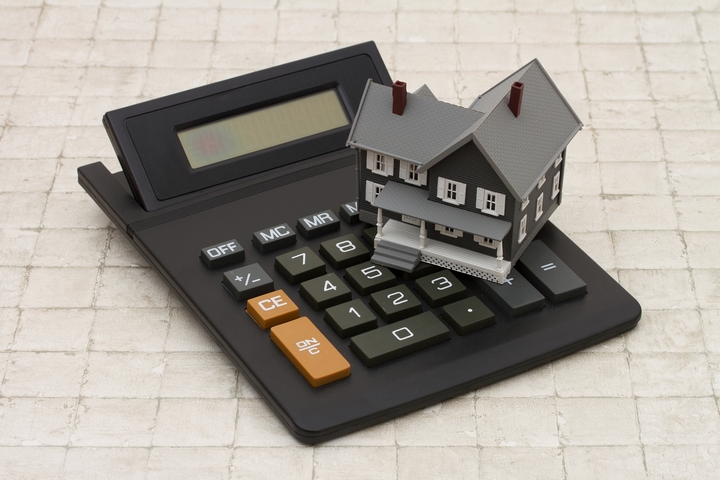
Buying a home requires selecting between a fixed rate mortgage and an adjustable rate mortgage as one of the critical financial choices. Every mortgage choice comes with specific advantages and disadvantages that produce effects on both long-term financial conditions. The knowledge base of mortgage structures enables borrowers to pick financing products which fit their financial goals.
Homebuyers who choose a fixed rate mortgage pay their interest at a steady rate through the lifetime of the loan because rates never change. The initial interest on adjustable rate mortgages starts at a reduced rate until market factors trigger periodic changes. Such loans create uncertainty for individuals who take out mortgages because interest rates may grow or diminish throughout the time span.
Disadvantages of a Fixed Rate Mortgage
A fixed rate mortgage maintains its stability but initially presents higher interest rates than adjustable rate mortgage plans do. People who take such mortgages must pay higher monthly installments that may reduce their eligibility to borrow more money or lower their ability to secure a loan. The interest payments during the entire mortgage term can exceed those of an adjustable rate mortgage when mortgage rates stay low.
Fixed rate mortgage refinancing to benefit from lower interest rates involves expensive costs to borrowers. Borrowers must pay various financing-related expenses and costs when refinancing despite potentially lowered rates. The stability of fixed rate mortgage loans becomes less beneficial than adjustable rate mortgages when interest rates move downward during their term.
Advantages of a Fixed Rate Mortgage
Customers can organize their budget effectively through the predictable nature of a fixed rate mortgage because payments stay consistent throughout the loan period. Homeowners whose financial obligations exist on a fixed rate mortgage do not face uncertainty on payment costs even during periods of economic turbulence. A fixed rate mortgage proves most beneficial toward homeowners who intend to live in their homes for extensive periods.
The fixed rate mortgage helps homeowners protect themselves from increasing interest rate fluctuations. An increase in market rates will not affect the interest rate of the borrower who maintains a locked-in rate thus avoiding increased payments. Fixed-rate mortgages result in substantial long-term mortgage savings because they protect homeowners from increased expenses when interest rates soar. The same conditions would make adjustable rate mortgages less favorable during these periods.
Choosing the Best Option for Your Needs
Families should weigh their needs against their goals together with their tolerance for risk and their upcoming plans to decide between fixed-rate and adjustable-rate mortgages. People who want financial stability beyond several years along with real estate residency should choose a fixed rate mortgage. Long-term financial planning becomes easier along with decreased interest rate risks because of predictable mortgage payments.
People who intend to remain in their homes for only a short period and predict falling interest rates often achieve better value from an adjustable rate mortgage during its initial term. Borrowers can decide which mortgage type works for their finances by consulting with a mortgage broker Mississauga who will evaluate their options.
Disadvantages of an Adjustable Rate Mortgage
The main hazard associated with adjustable rate mortgages arises from their unpredictable nature toward future payment amounts. Following the set period of fixed interest the rates become higher which means your monthly payments will also go up. Unprepared borrowers experience financial burdens due to rate increases that occur on adjustable mortgages.
Homeowners planning extended stays in their houses might face challenges in forecasting market-based cost changes due to variable market fluctuations with adjustable rate mortgages. Borrowers should obtain guidance from mortgage brokers about assessing their financial readiness to handle rate adjustments before selecting an adjustable rate mortgage according to their advice.
Advantages of an Adjustable Rate Mortgage
An adjustable rate mortgage offers borrowers better rates at its beginning compared to fixed rate mortgages thereby making it an appealing option for initial low payment seekers. The reduced interest rate enables homeowners to achieve both higher property acquisition or create financial stability during their initial homeownership period.
The interest rate decline can create the opportunity for borrowers to pay less on their mortgage. The declining interest rate environment allows borrowers holding adjustable rate mortgages to receive payment reduction without going through the refinancing process. Homebuyers experience substantial financial benefit over multiple months because of their adjustable rate compared to owners with high fixed rates.
The decision between fixed-rate and adjustable-rate mortgages imposes major financial impacts that people need to analyze thoroughly. The best choice depends on your financial situation and risk tolerance as well as your desired long-term outcomes since variable options have different strengths and limitations. The main benefit of fixed rate mortgages is their stability but adjustable rate mortgages give homebuyers short-term financial advantages and more flexible terms.









